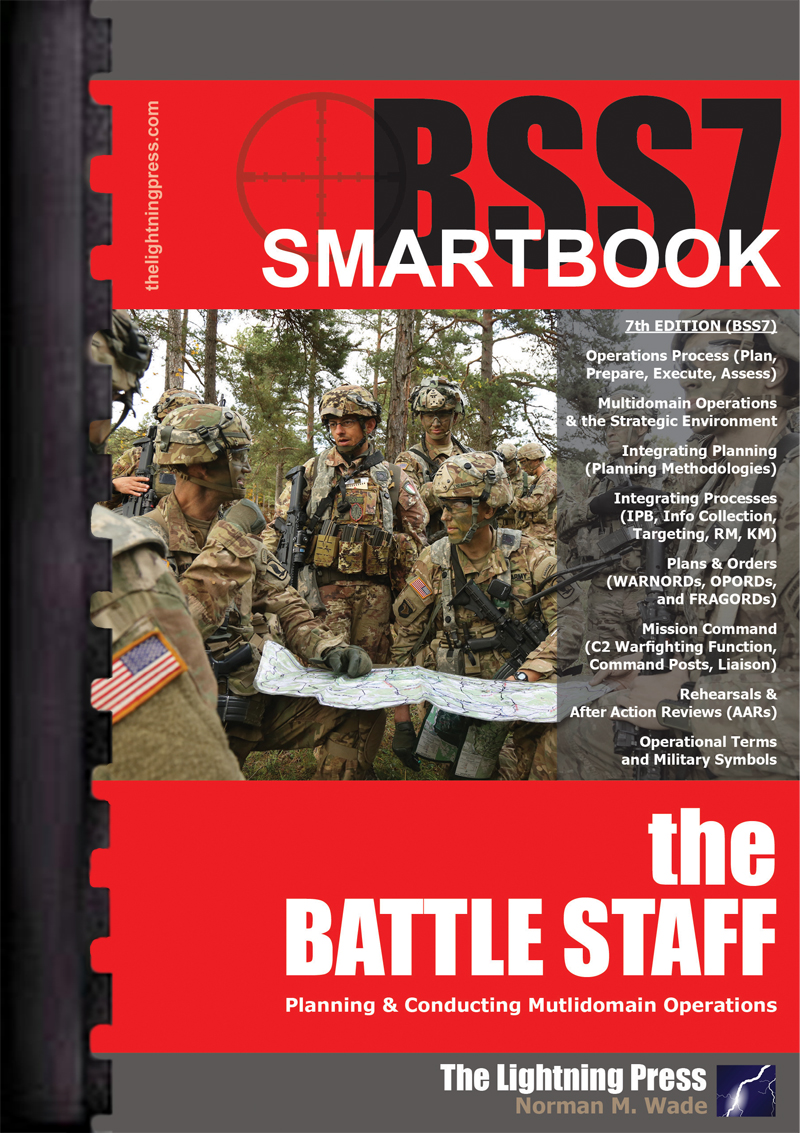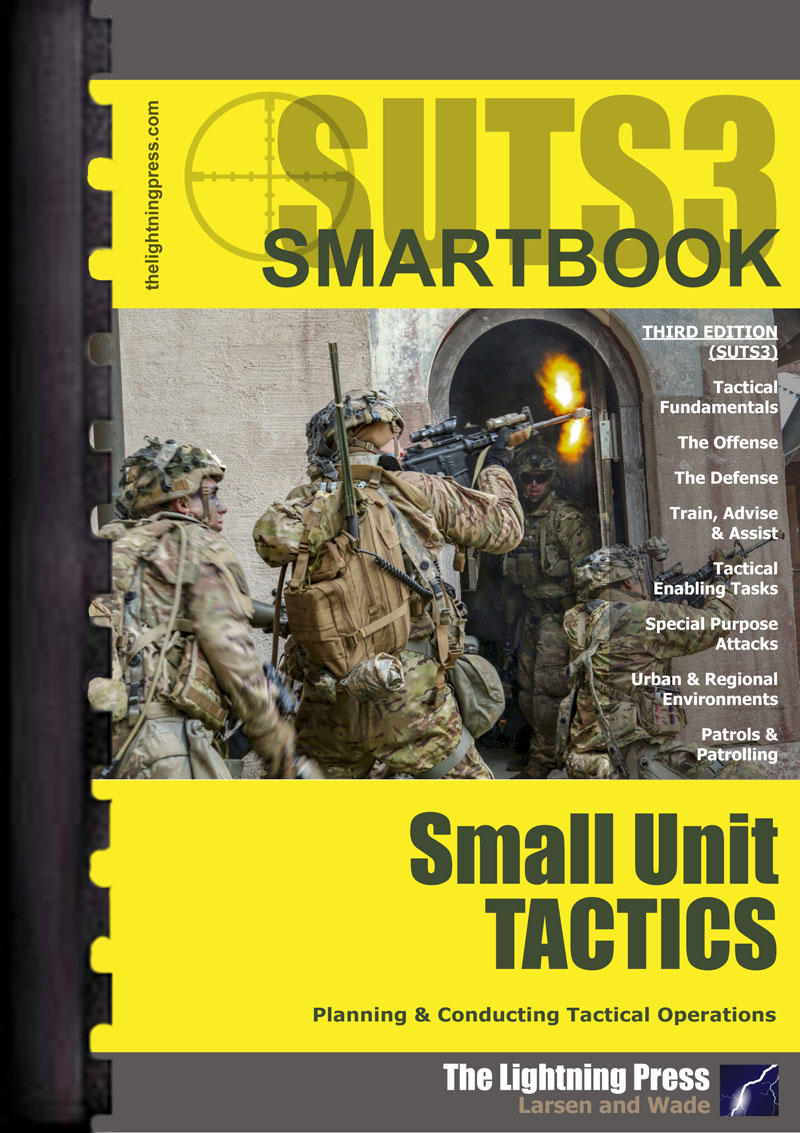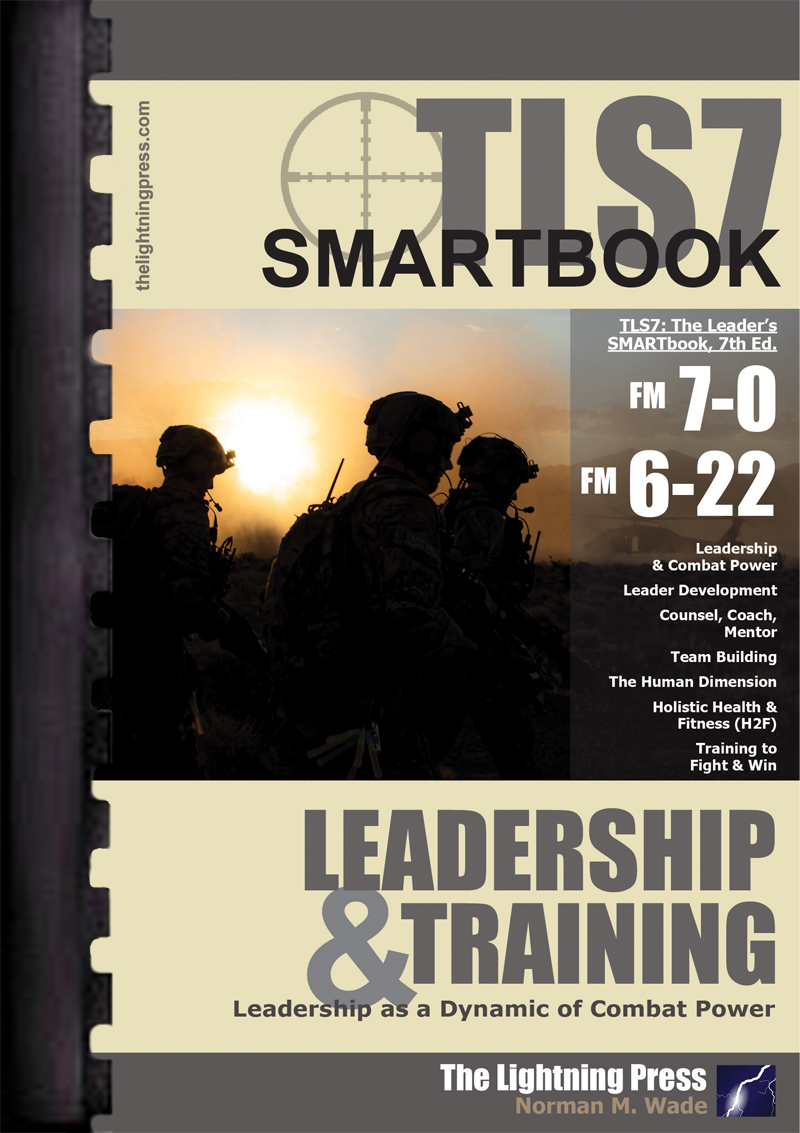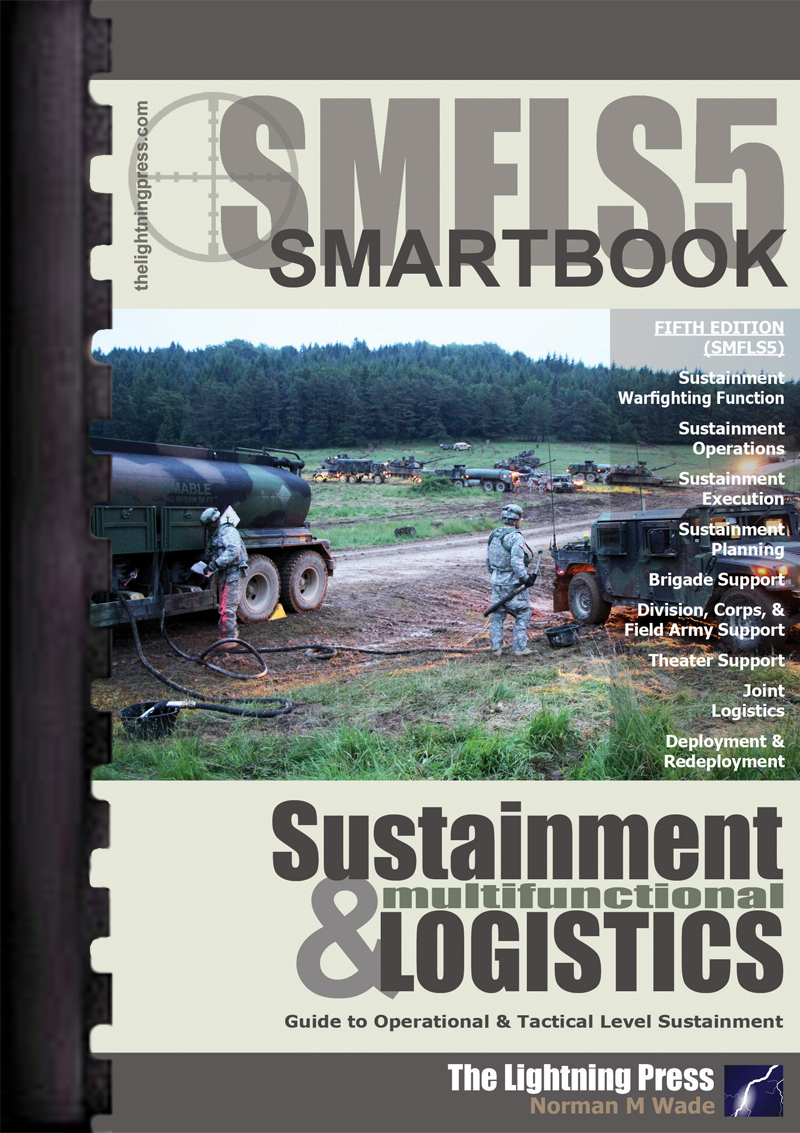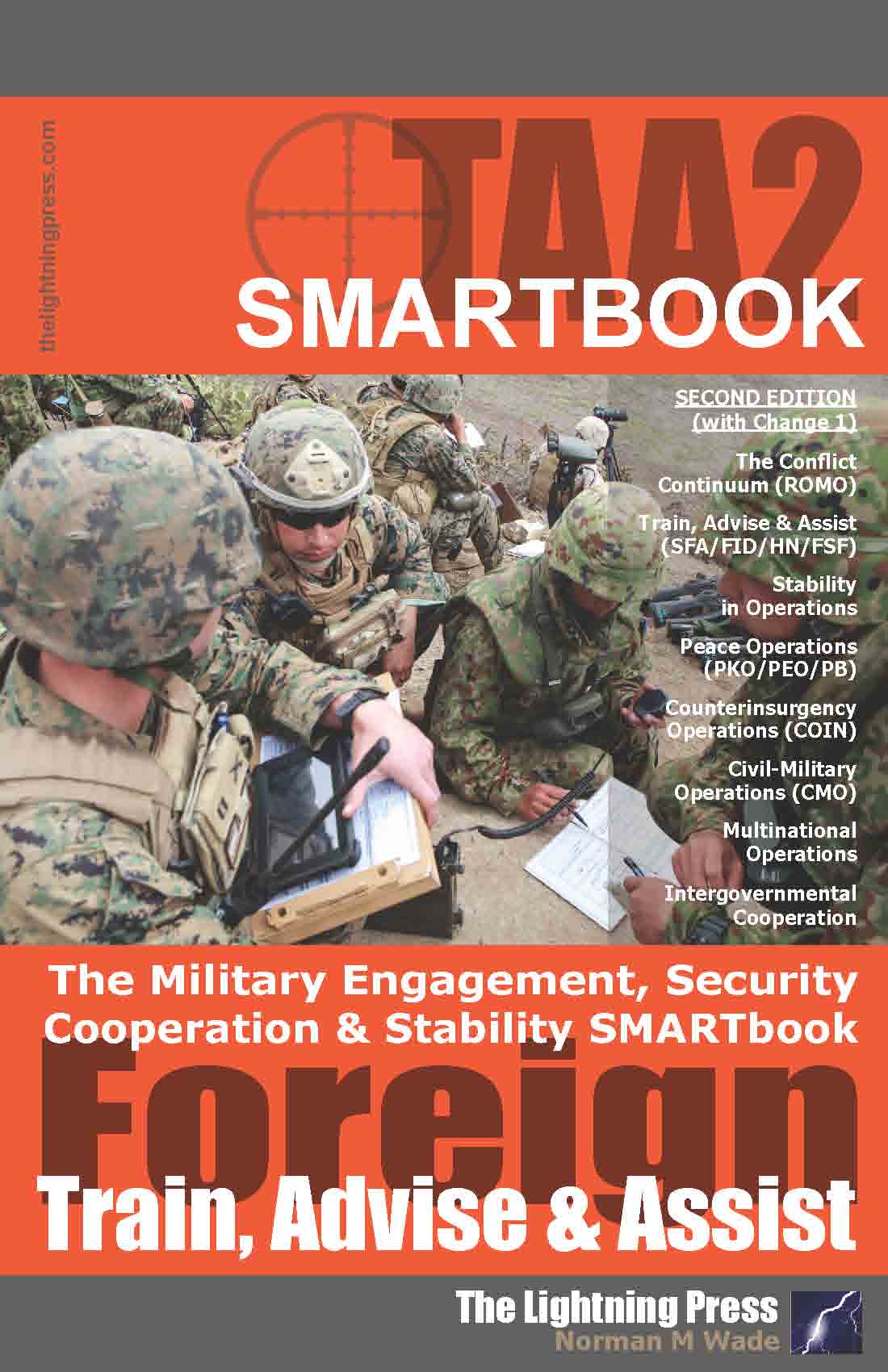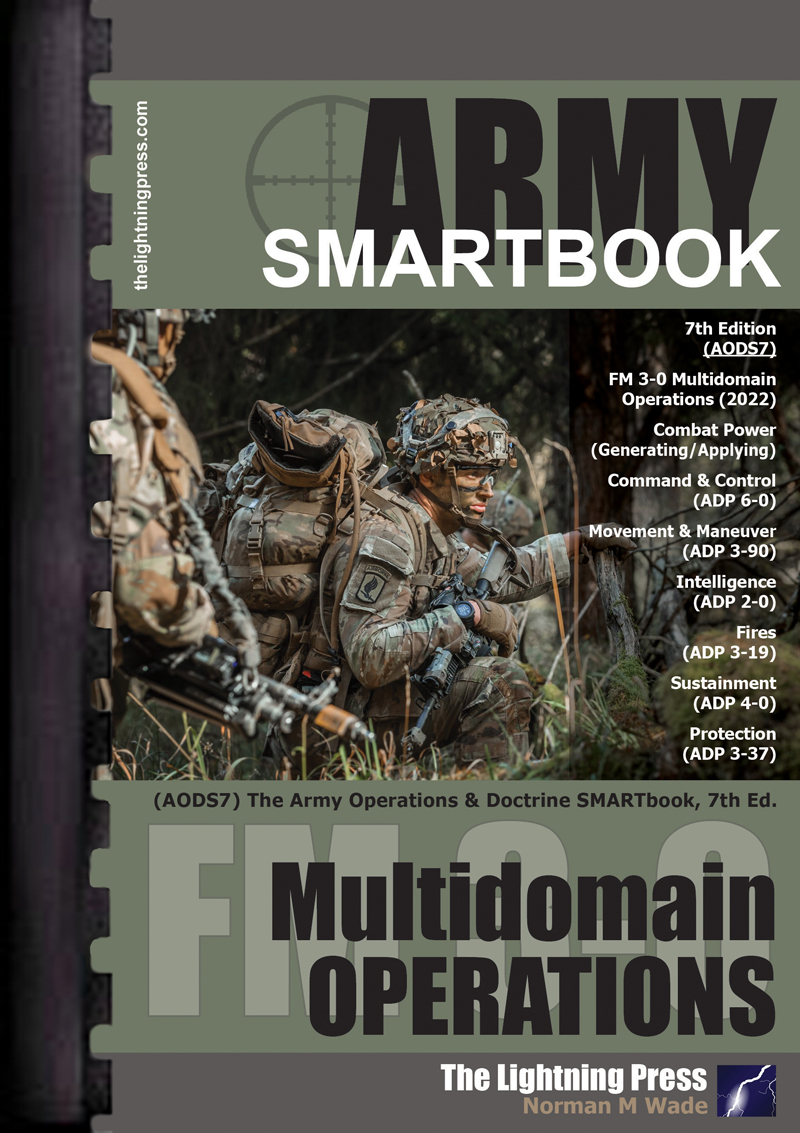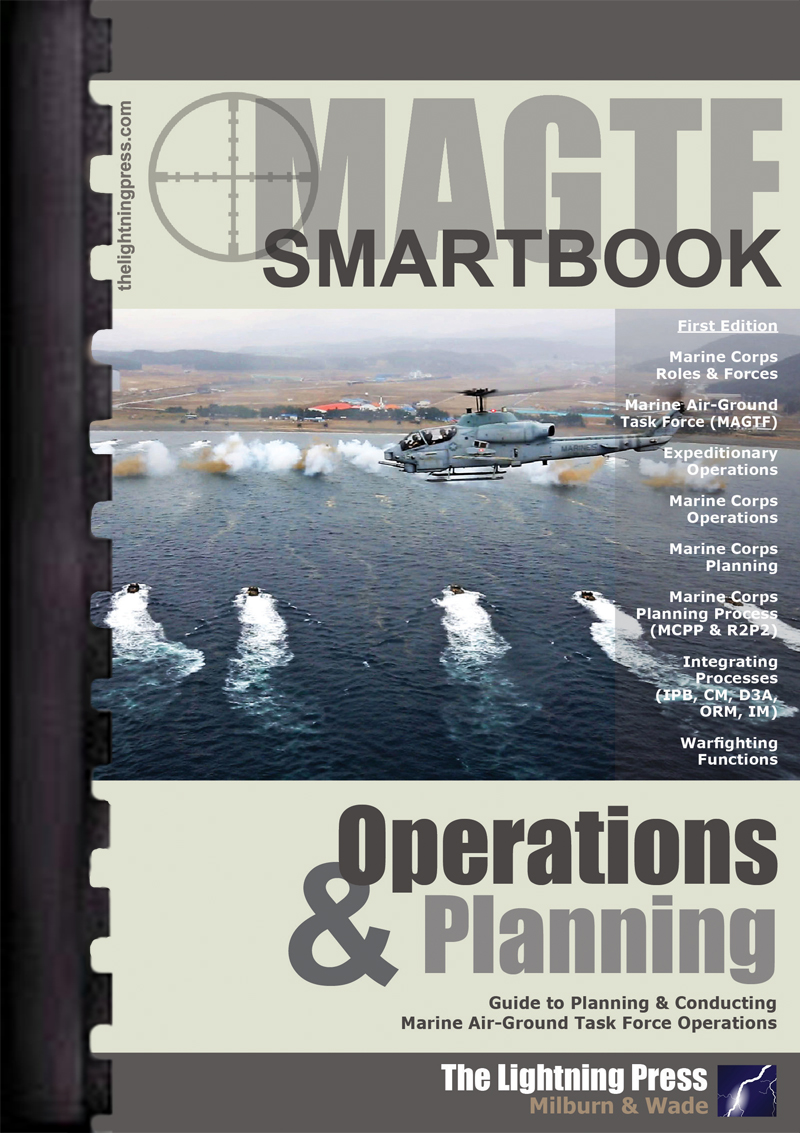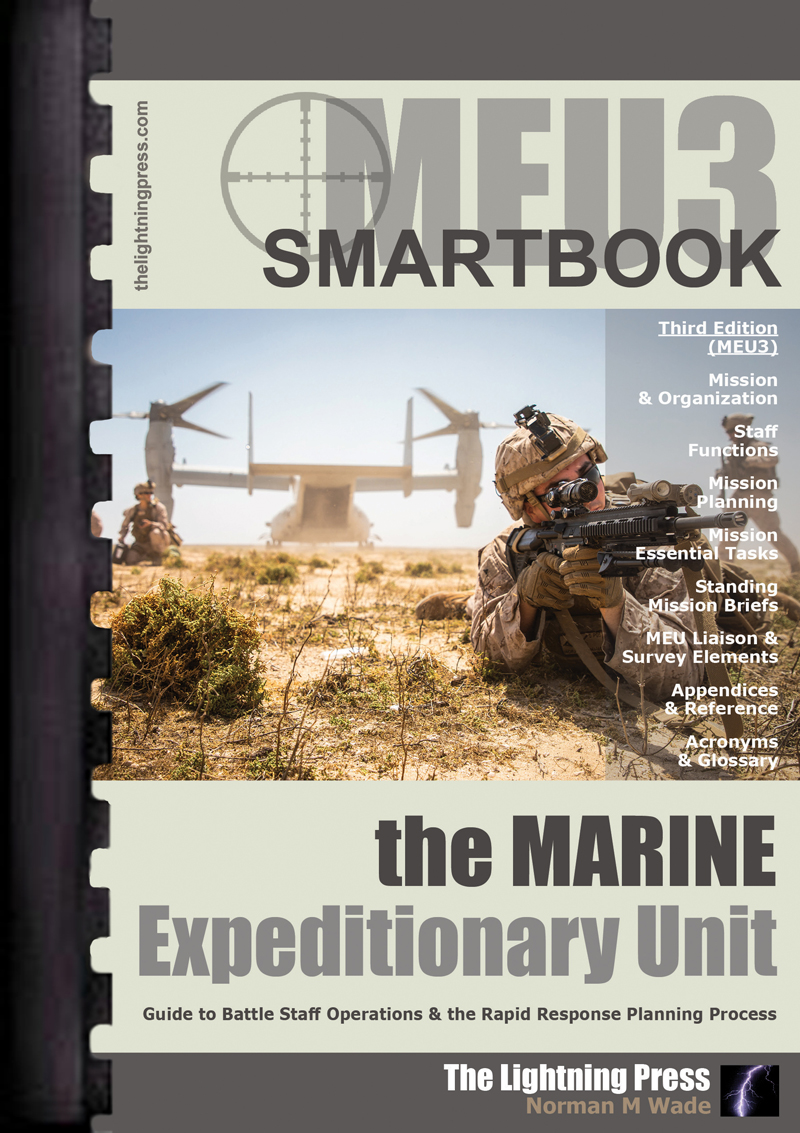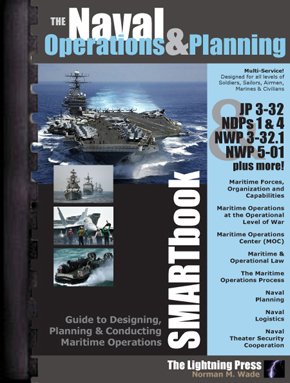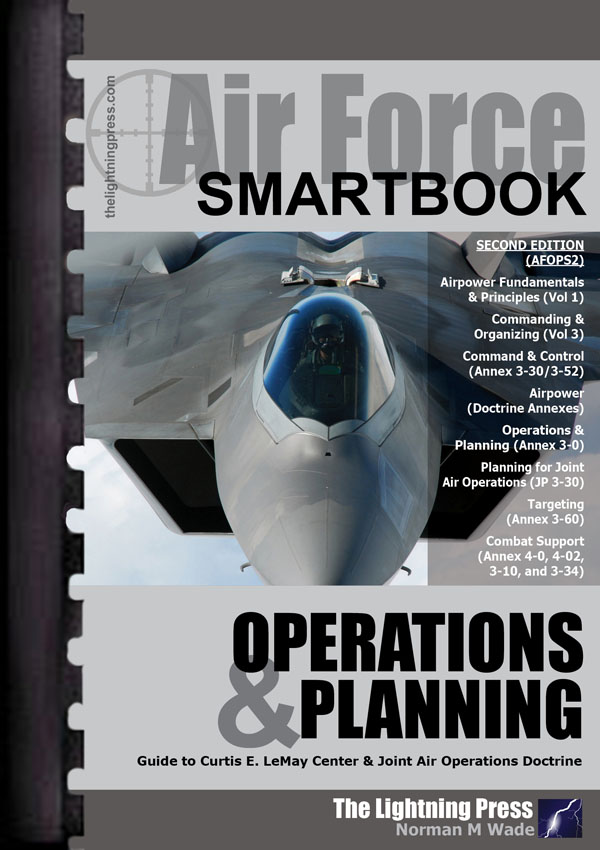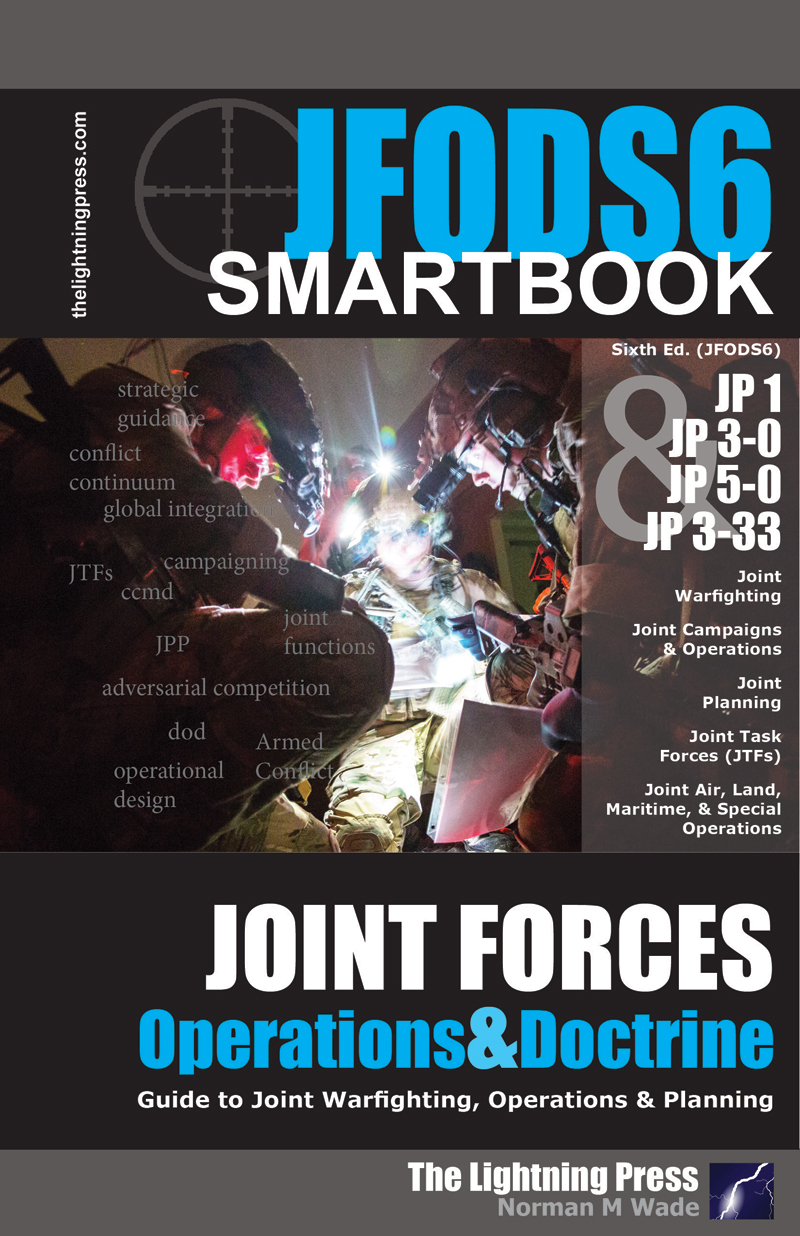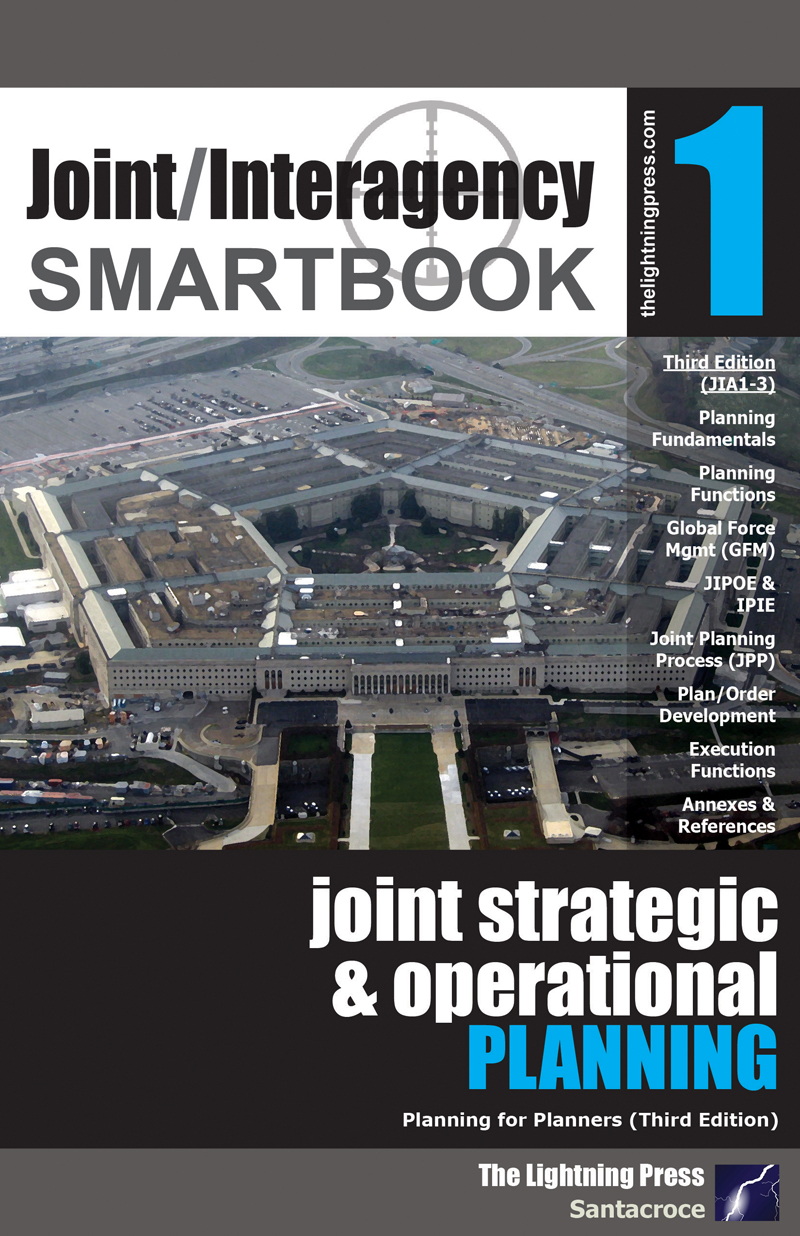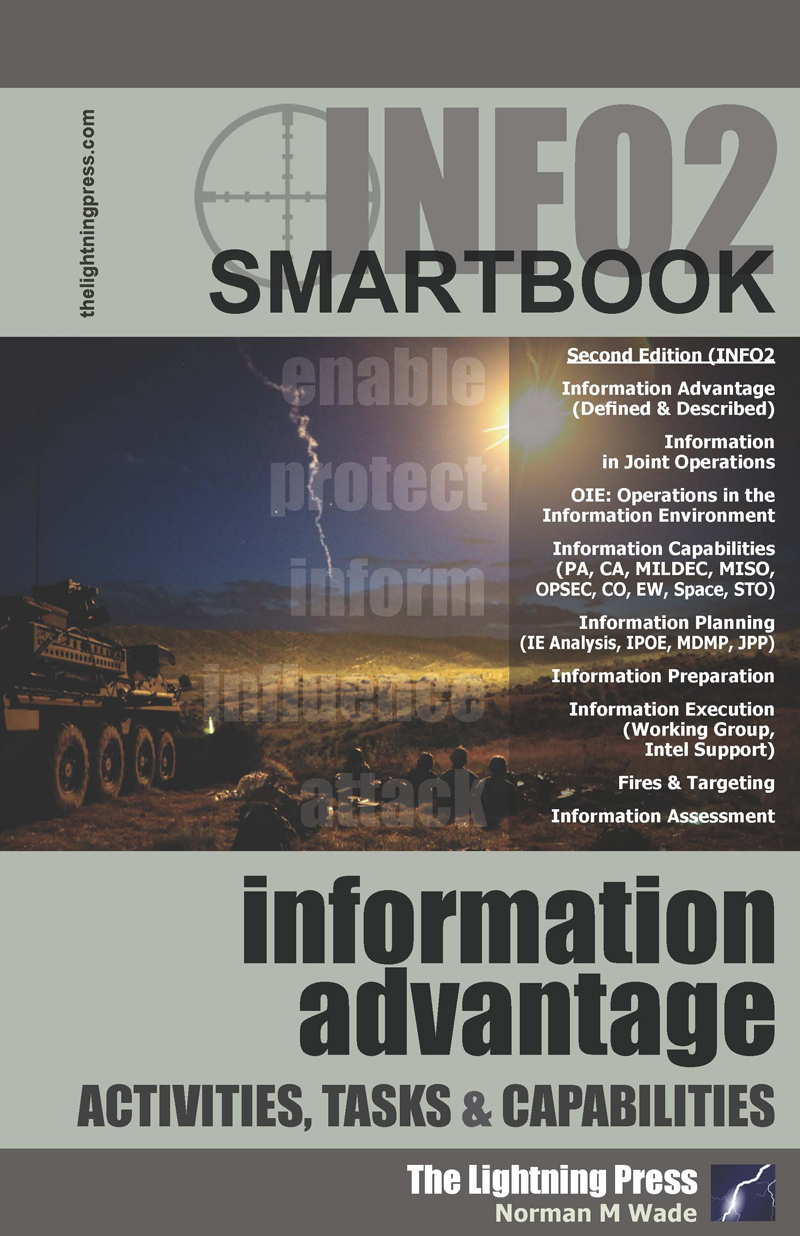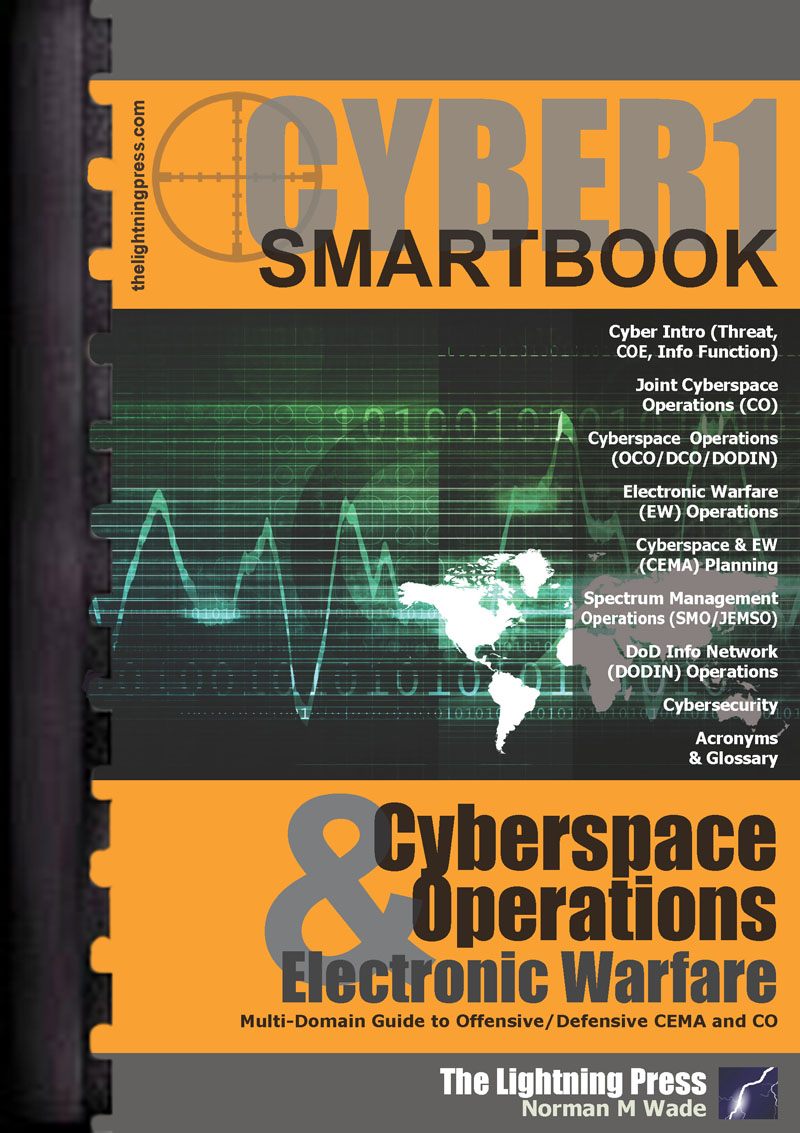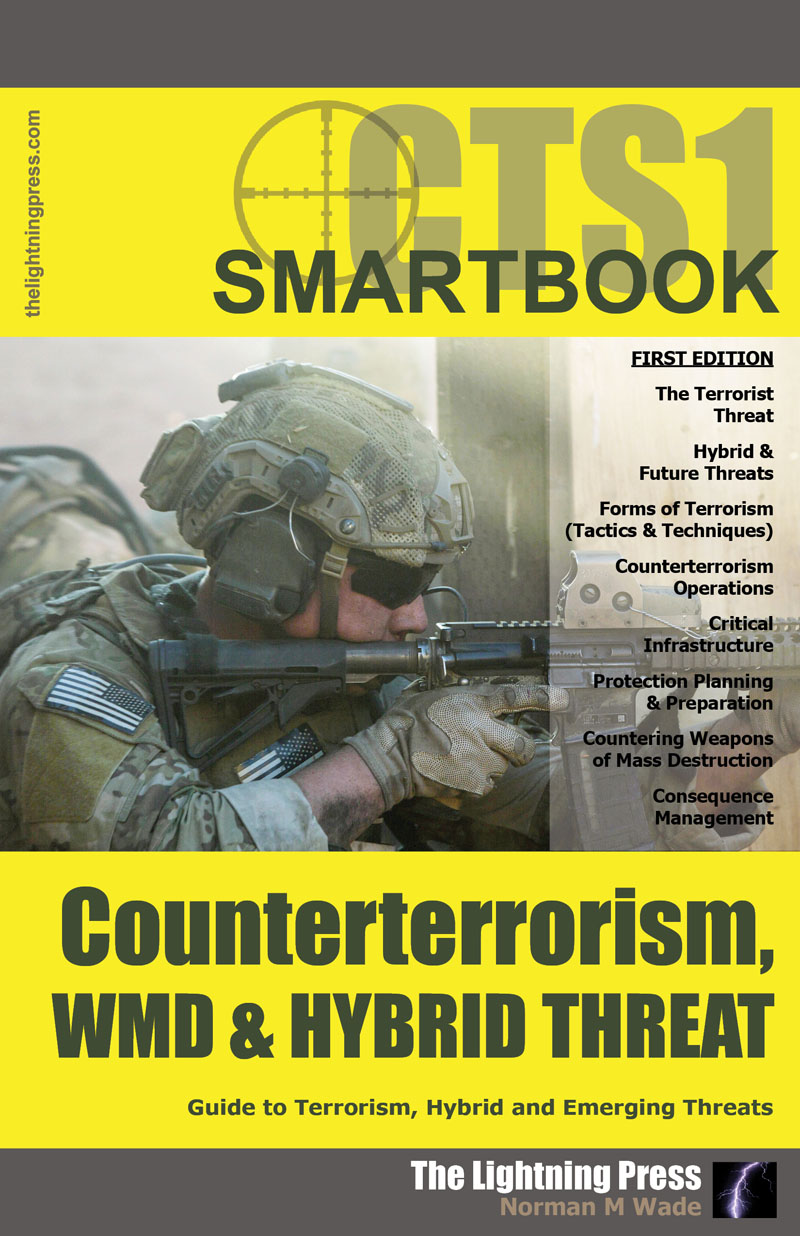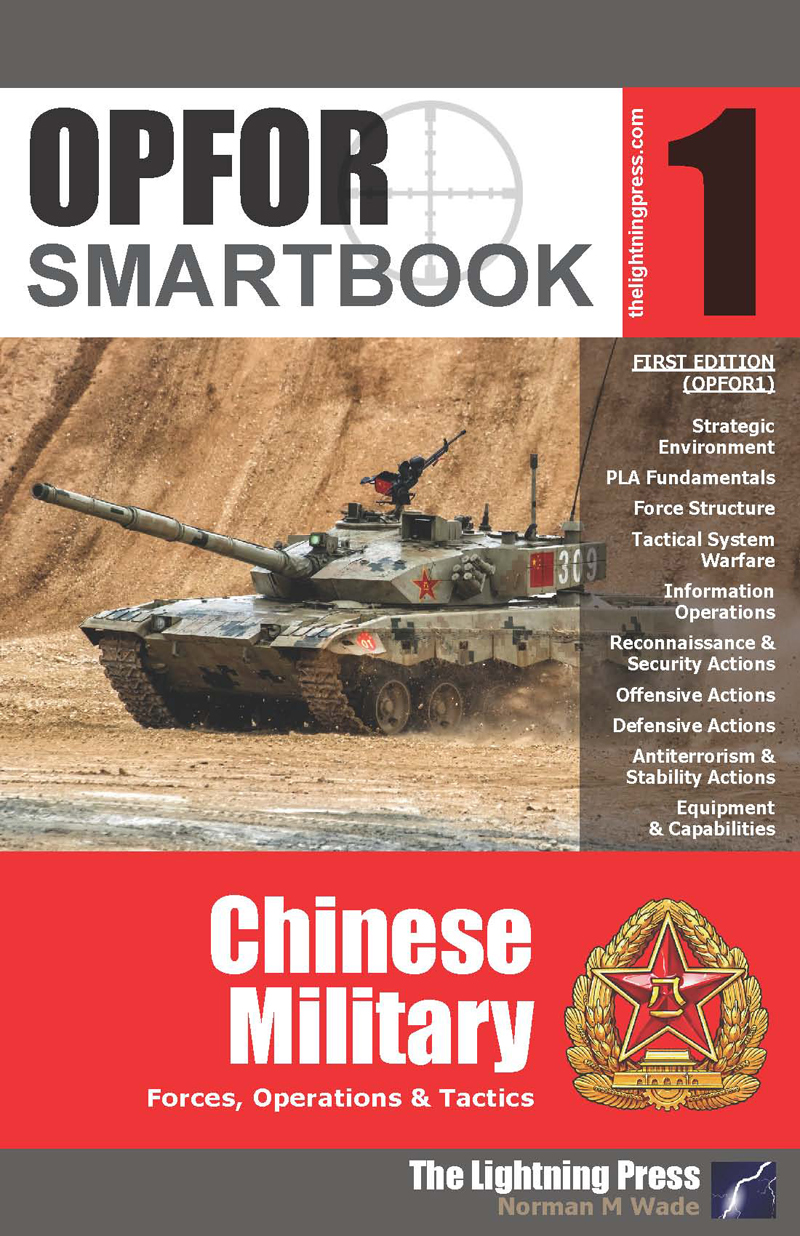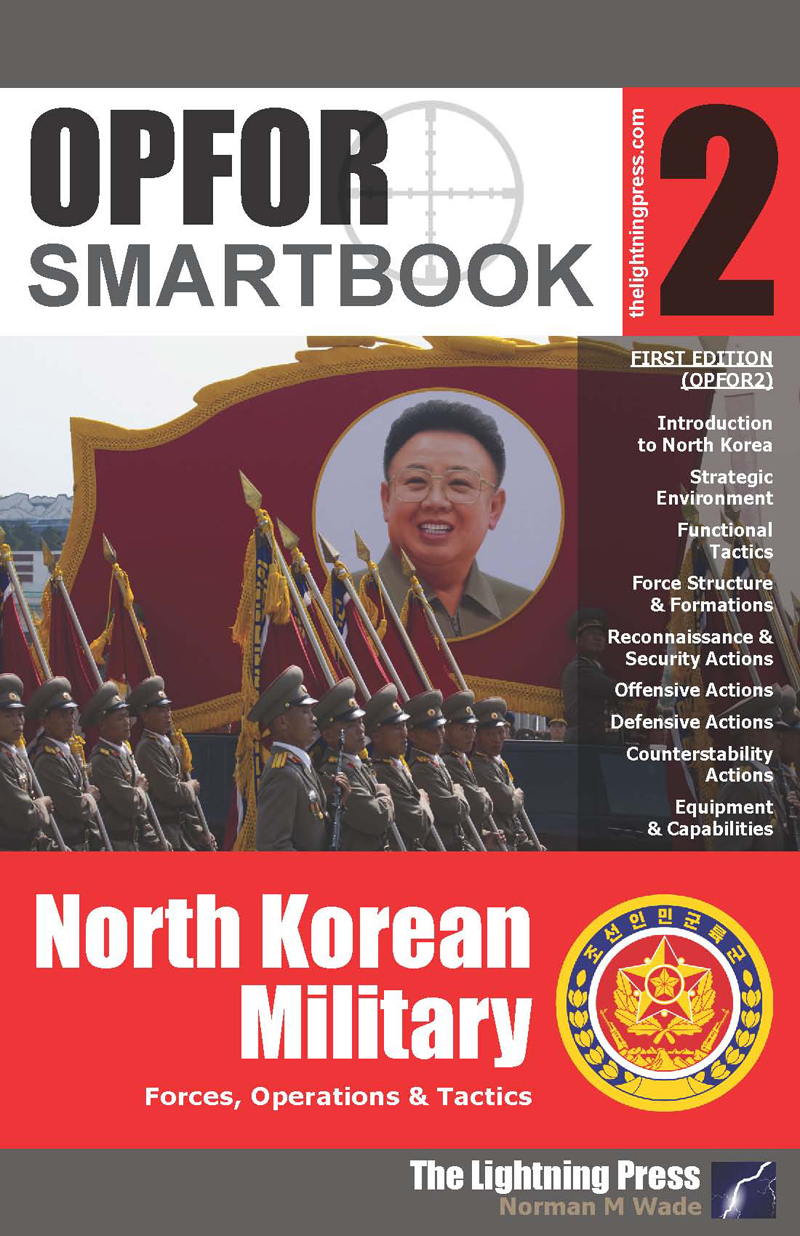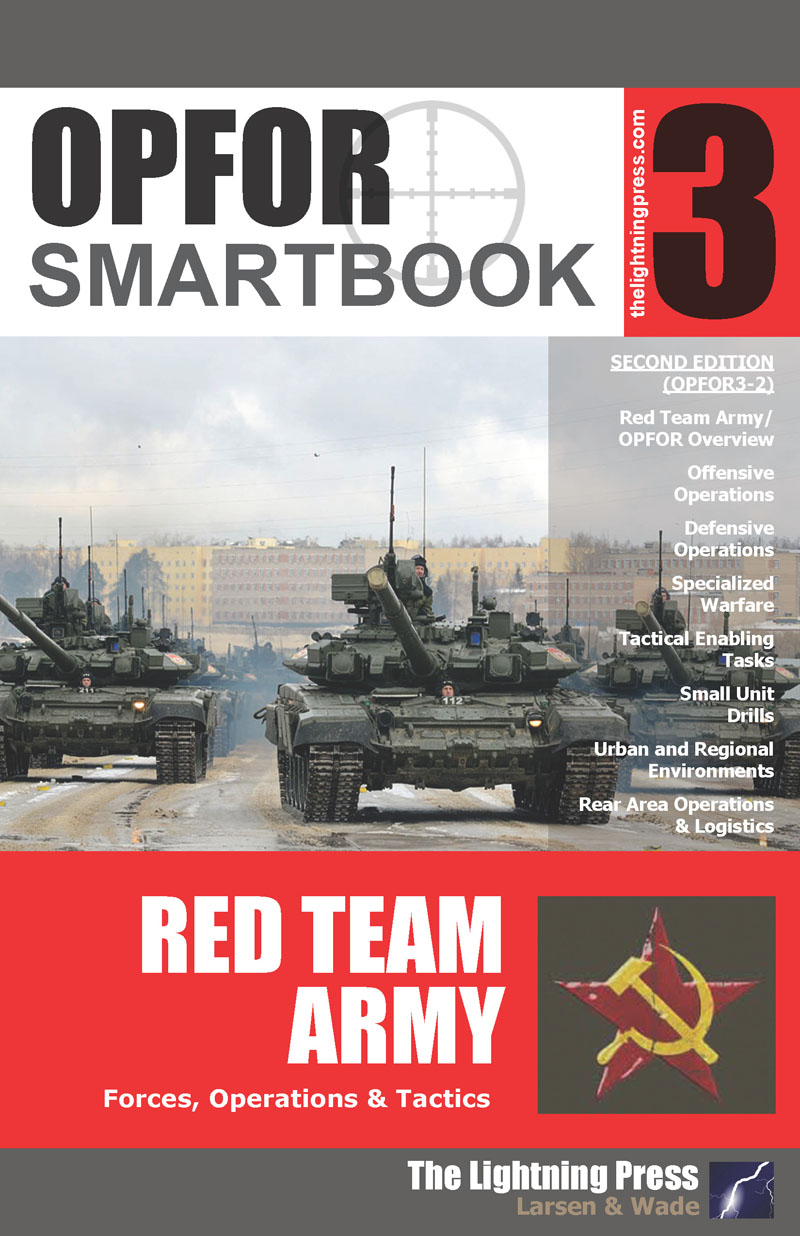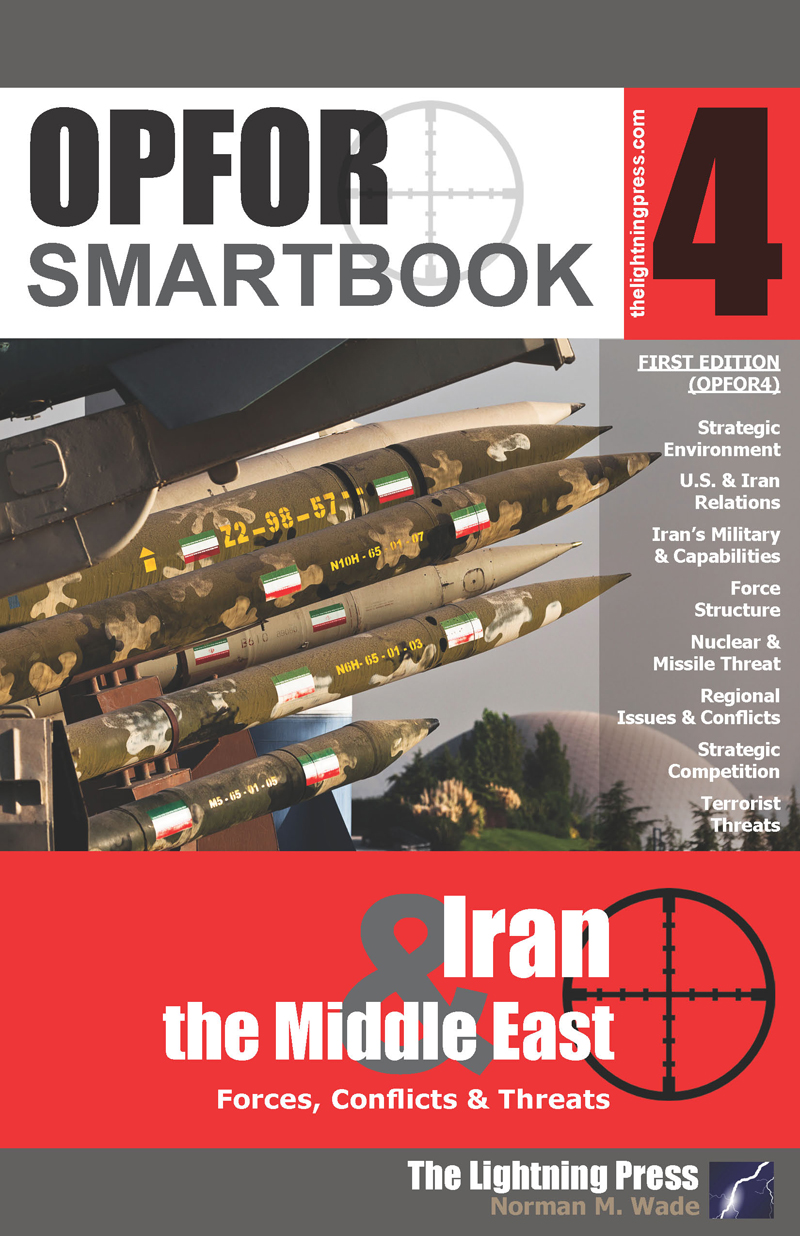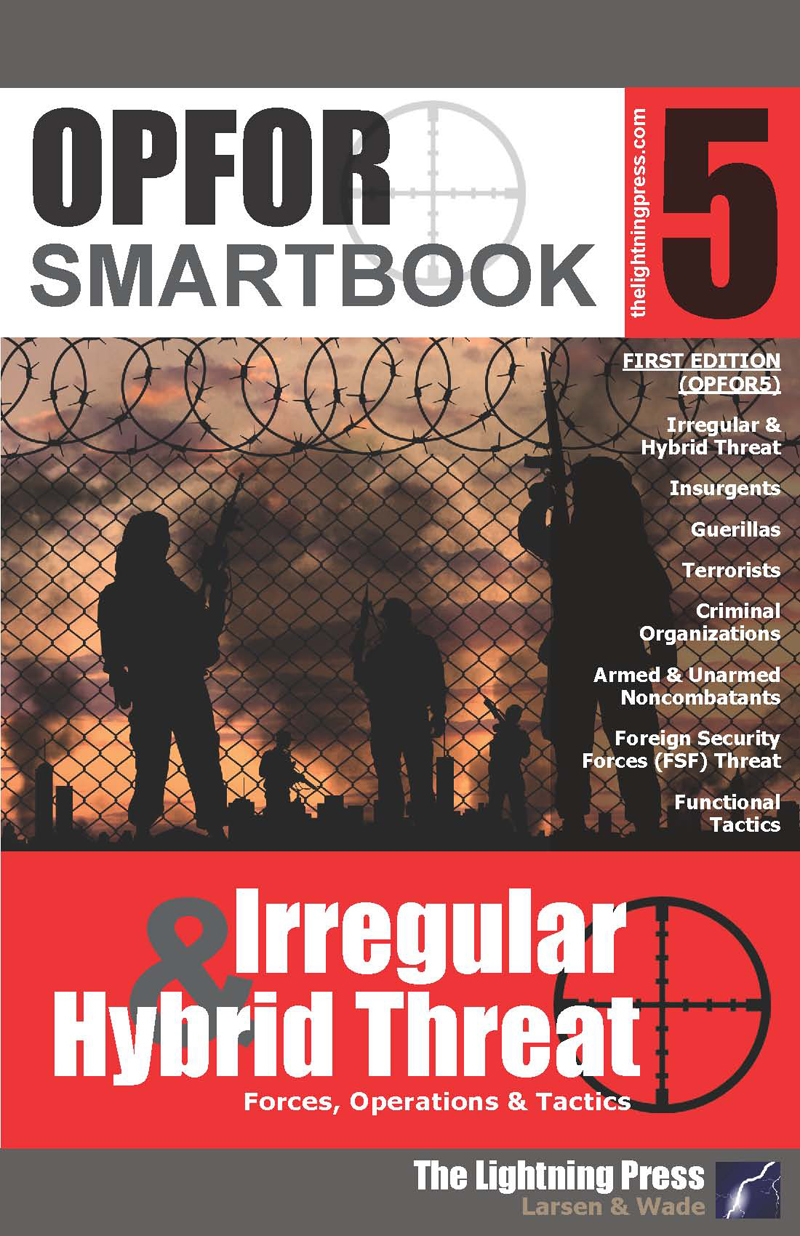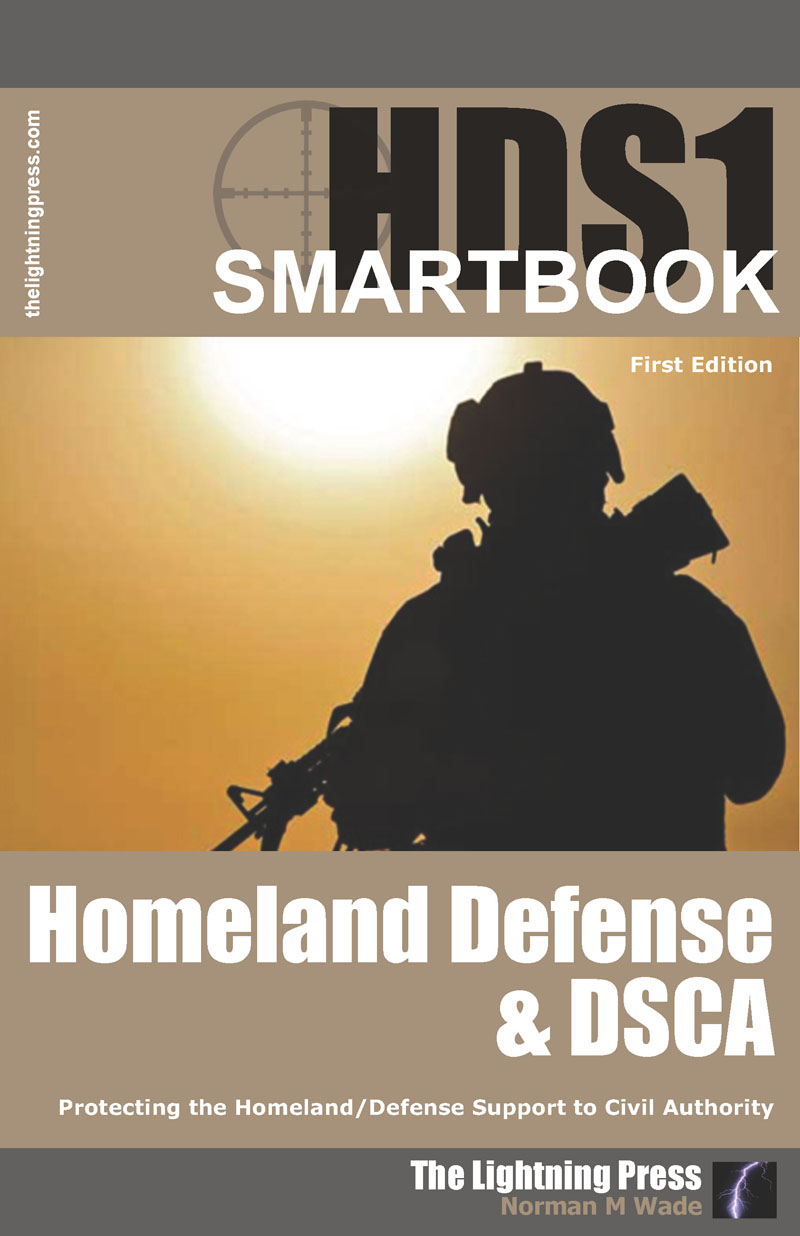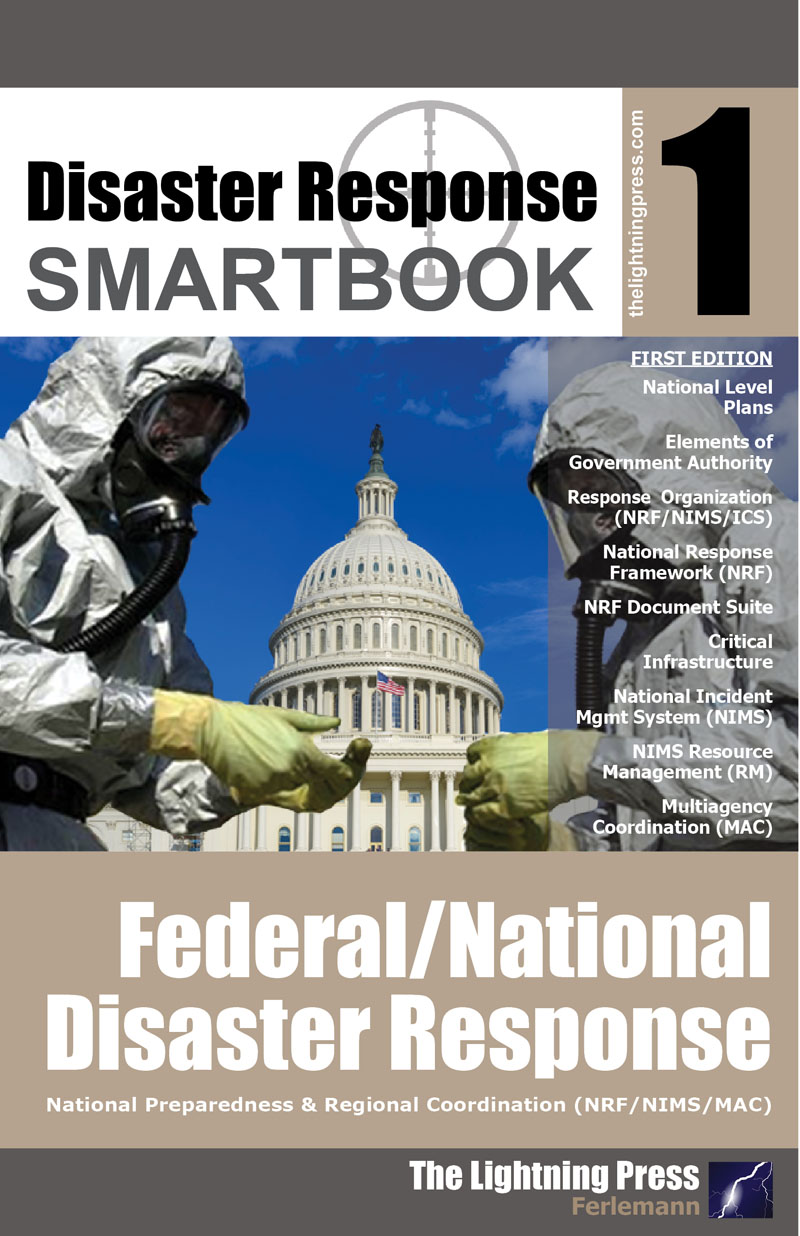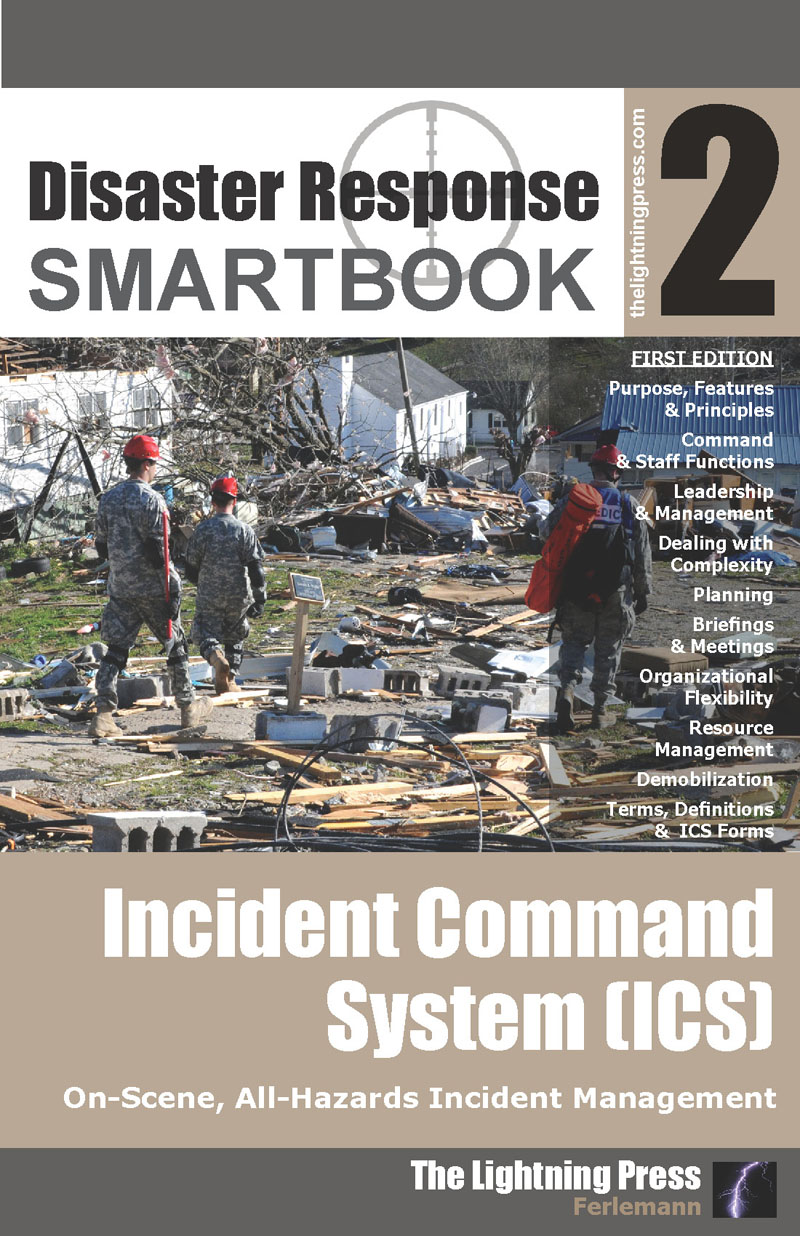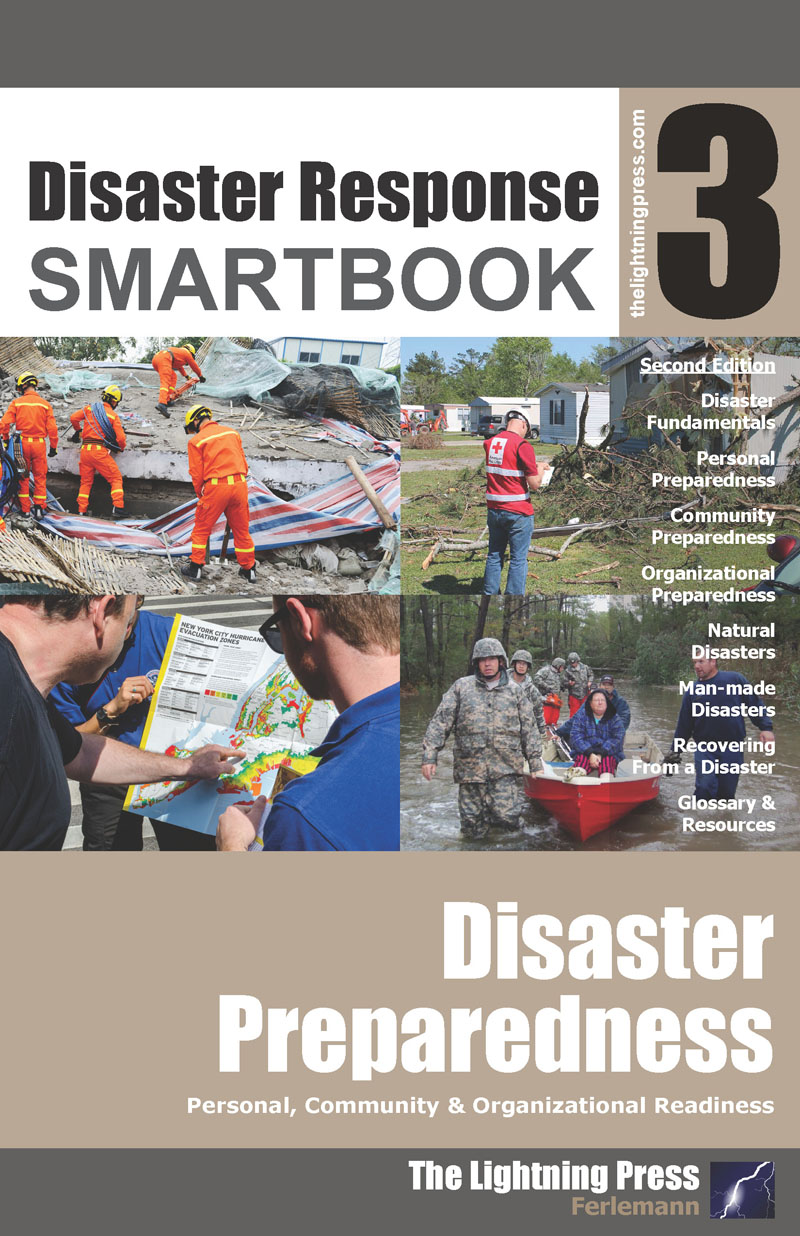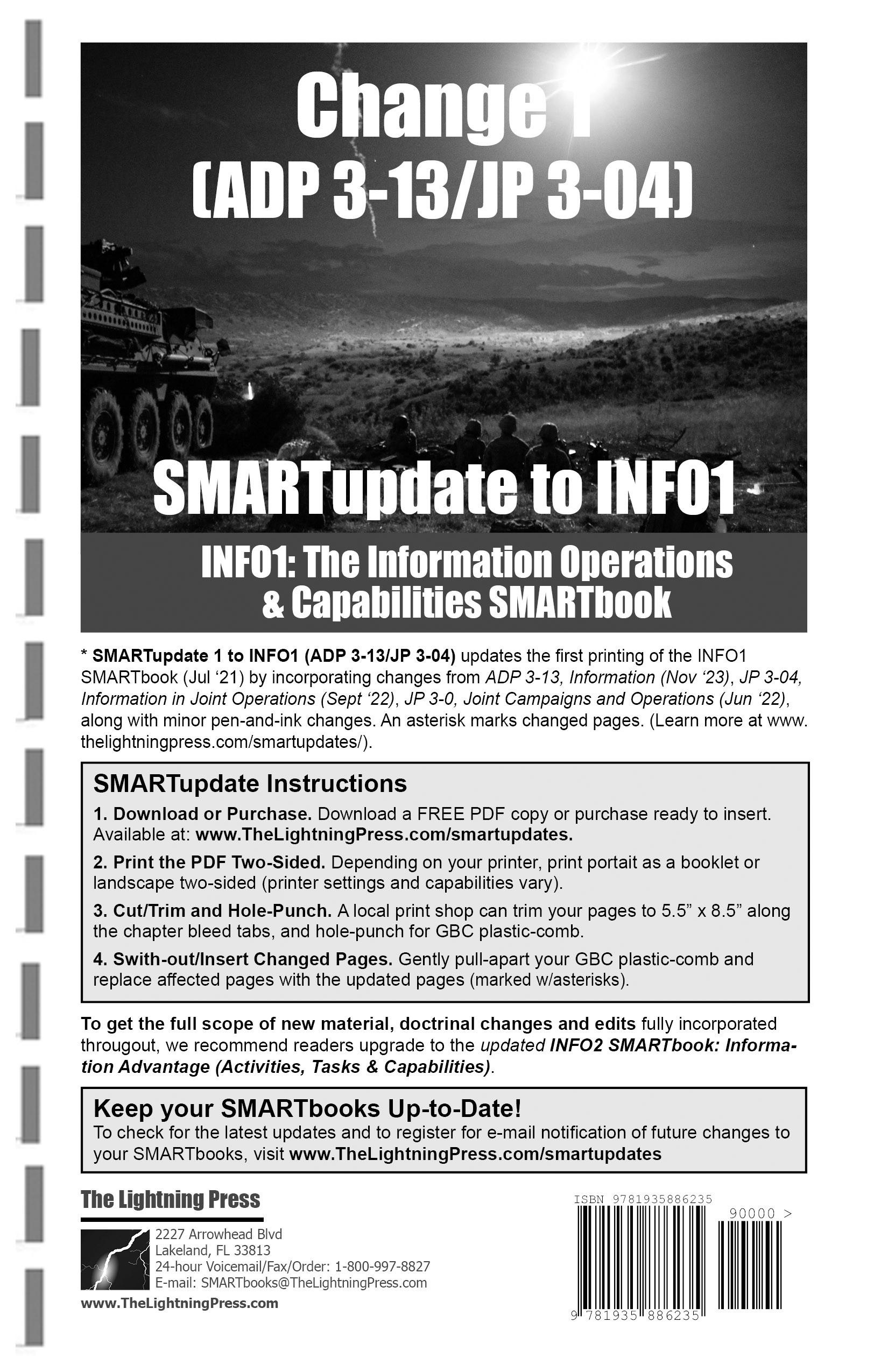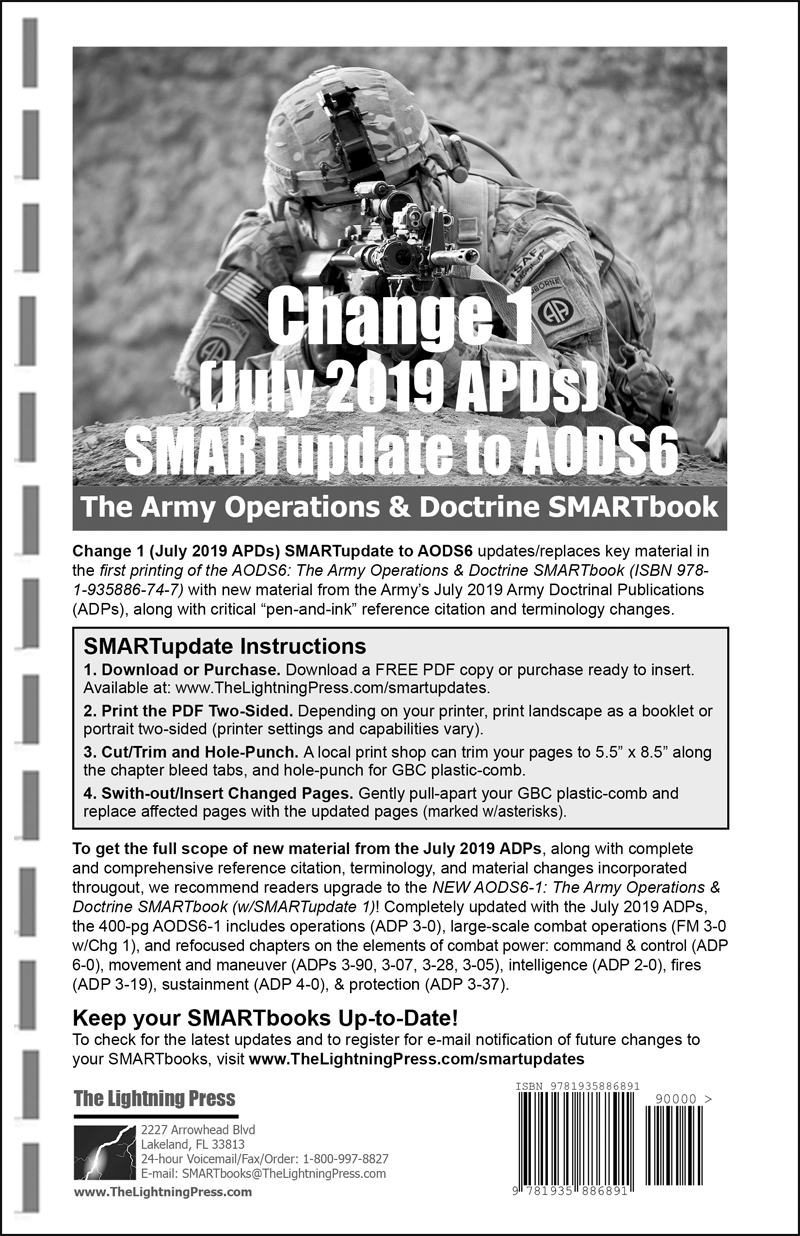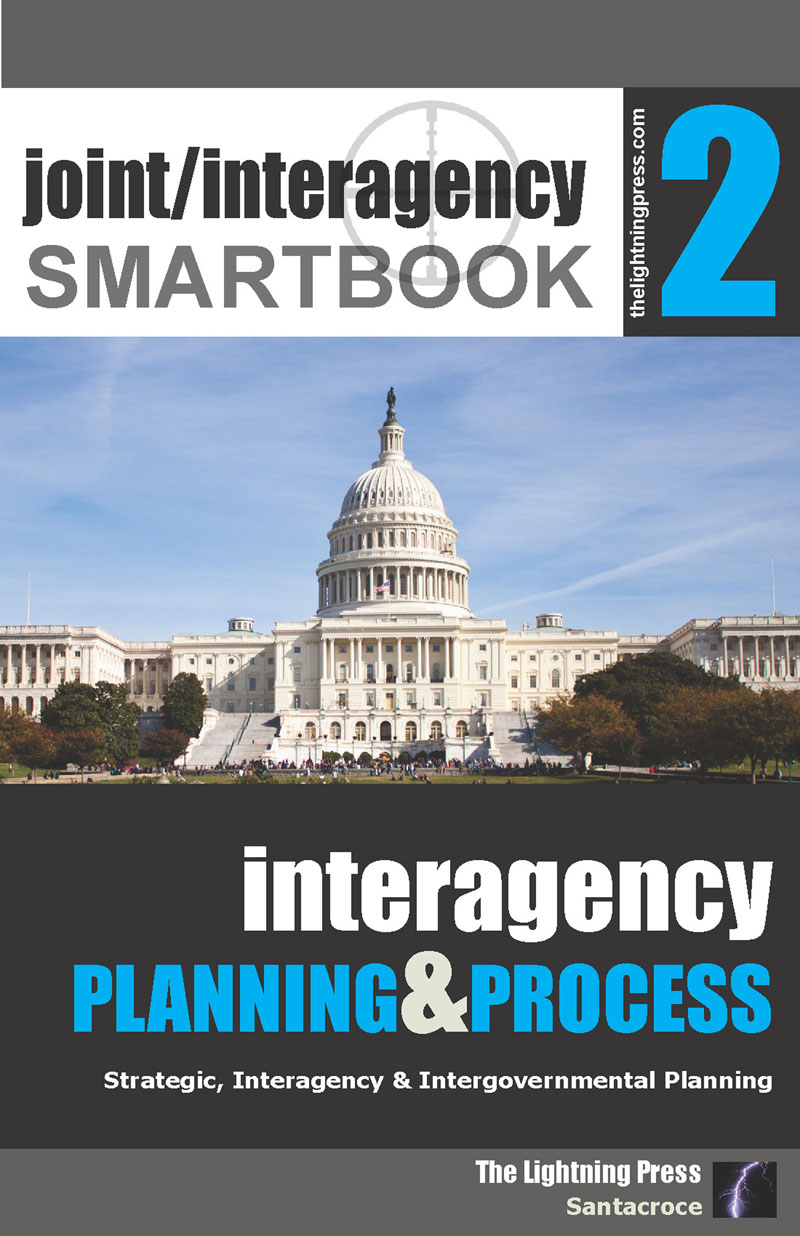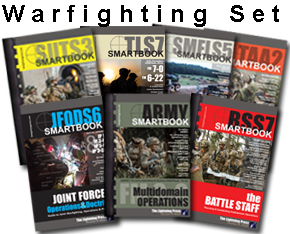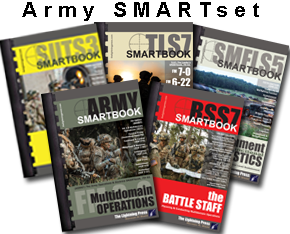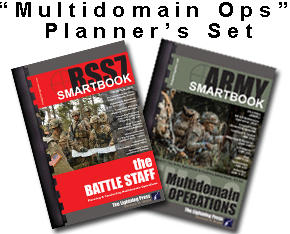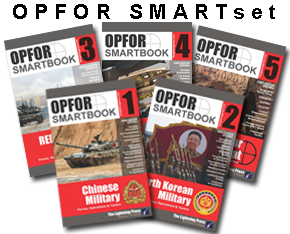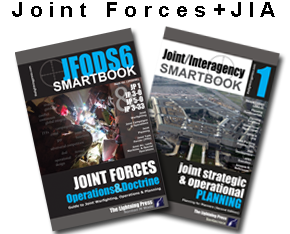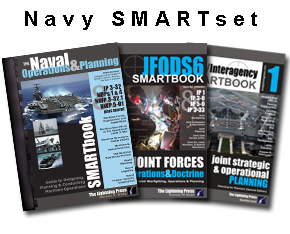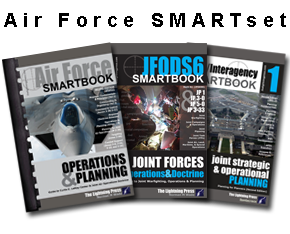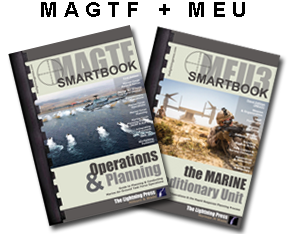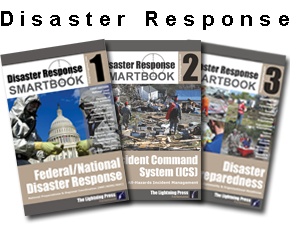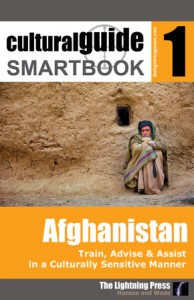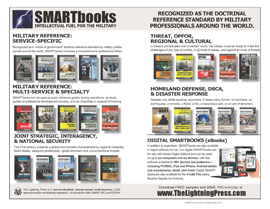Train, Advise & Assist in a Culturally Sensitive Manner
Announcing our new Afghanistan SMARTbook! Cultural Guide SMARTbook 1 – Afghanistan (Train, Advise & Assist in a Culturally Sensitive Manner) contains information designed to enhance knowledge of Afghanistan, including history, politics, country data and statistics, and the military operational environment. Topics include Afghan cultural influences: ethnicity, economics, government, and the Taliban; Train, Advise and Assist topics: working with host-nation forces, developing host-nation security forces, working effectively with foreign security forces, conflict resolution and meetings, linguist support and interpreters; a chapter on life in Afghanistan (a practical view); and Afghanistan national and provincial data.
Culture forms the basis of how people interpret, understand, and respond to events and people around them. Cultural understanding is critical because who a society considers to be legitimate will often be determined by culture and norms. Afghan values, beliefs, behaviors, customs, and norms have been shaped by Afghanistan’s rugged environment and geography; history of conflict; non-standard Islamic beliefs; tribal ethnicity; external and internal politics; and education.
Cultural awareness has become an increasingly important competency for leaders at all levels. Perceptive leaders learn how cultures affect operations. To be successful in interacting with the local population to gain information on the enemy, or to understand their requirements, military members must do more than learn a few basic facts or “do’s and do nots.” Effective leaders adapt to new situations, realizing their words and actions may be interpreted differently in different cultures. They must understand the way that their actions can change the situation for the local population (both positively and negatively) and the resulting perceptions of the population towards those actions.
Military engagement, security cooperation, and deterrence encompass a wide range of actions where the military instrument of national power supports other instruments of national power to protect and enhance national security interests and deter conflict. Security Force Assistance (SFA) aims to establish conditions that support the partner’s end state, which includes legitimate, credible, competent, capable, committed, and confident security forces. There are five SFA essential tasks: organize, train, equip, rebuild and build, and advise and assist.
Building relationships can lead to partnerships, and is central to security cooperation whether conducting military engagement with a foreign partner in Europe and Asia, or conducting Soldier and leader engagements with foreign security forces during operations. It is essential for the Soldier, particularly the advisor, to place a considerable amount of time and energy in establishing solid relationships among U.S. forces and foreign security forces. By its very nature, the advisor mission forces its members out of their traditional roles. An advisor must purposefully look to build solid relationships between U.S. and foreign security force commanders, staffs, and the defense establishment, as well as a variety of governmental and nongovernmental entities.
Download a free PDF sample and learn more at: Cultural Guide SMARTbook 1: Afghanistan (Train, Advise & Assist in a Culturally Sensitive Manner).
Browse additional military doctrine articles in our SMARTnews Blog & Resource Center.
About The Lightning Press SMARTbooks. Recognized as a “whole of government” doctrinal reference standard by military, national security and government professionals around the world, SMARTbooks comprise a comprehensive professional library. SMARTbooks can be used as quick reference guides during operations, as study guides at education and professional development courses, and as lesson plans and checklists in support of training. Browse our collection of Military Reference SMARTbooks to learn more.

